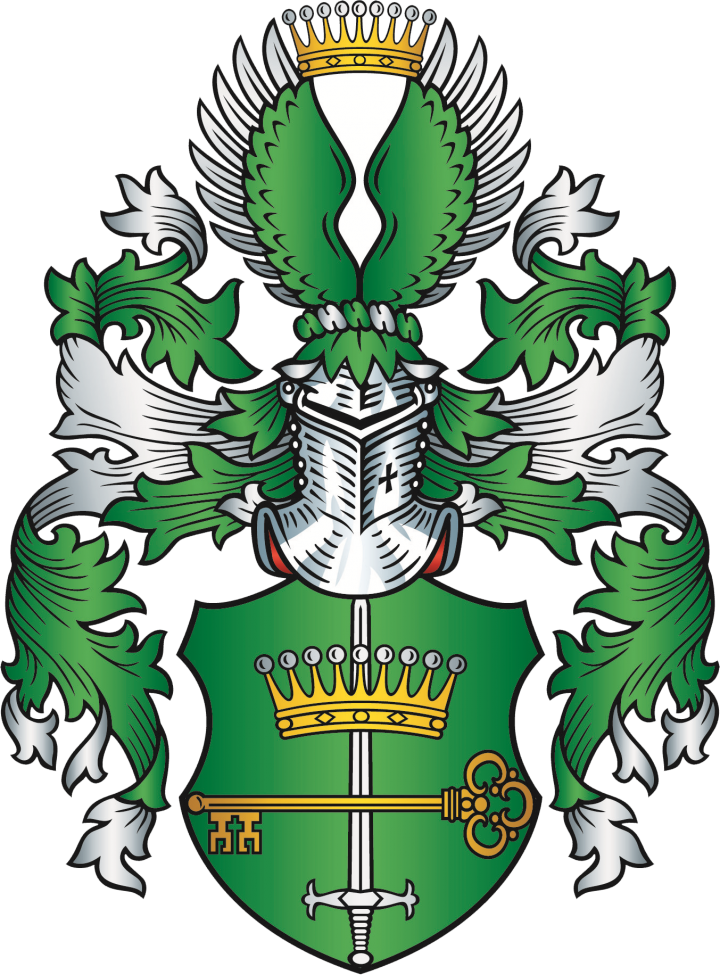
Noble title - what a "from" brings in the name
In everyday work, candidates with noble titles often get further than others. Why is that? We spoke to experts and founders.
Two applicants are eligible for the new job, but which one is more suitable? Gustav Schreiner, 28, business administration graduate from Cologne, good grades, exciting internships. Or Martin von Andechs, 29, business student from Bonn, good grades, interesting internships. Both application forms are photo-free and error-free.
For business psychologist Uwe Kanning from the Osnabrück University of Applied Sciences, the matter is clear: "It is more likely that the candidate will get the job with the title of nobility." In a study, he presented 800 subjects with different CVs. Most respondents work in HR, either as a recruiter or as a manager.
The task was to evaluate the résumés based on various points, such as how intelligent, creative and team-oriented the applicants appear. Afterwards, the test subjects should decide how likely it is that the candidates will be invited to an interview and later hired. The content of the CVs was identical, the applicants differed only in gender - and in name. Because some had a "from" in the name. Others don't.
Noble applicants are preferred
The result: Candidates with nobility titles had a clear advantage in some areas. "They weren't thought to be more creative or intelligent than other applicants, but they were more assertive," says Kanning. They were also believed to have more leadership skills - the ability that is important for senior positions. In addition, the test subjects believed that candidates with noble names were more likely to be hired than others - another plus.
Although recruiters should evaluate suitable candidates based on objective criteria, many obviously do it intuitively - i.e. from the gut. "They rely too much on their supposed knowledge of human nature," says Kanning. And that was a mistake. Because the company does not necessarily get the best applicant for a job: "Daily work shows whether the candidate is really the right person for the job."
There are around 80,000 nobles in Germany. They have no longer had any legal advantages since the Weimar Constitution came into force. However, they still seem to be able to benefit from their special name in some places. "A nobility title is a good feature to stand out from the crowd," says nobility expert Michael Hartmann.
Many people associate this with the classic aristocracy. So the few families that ran huge estates, had many employees and enjoyed excellent education. Personnel decision-makers still consider their descendants to be more disciplined, more confident and more decisive than other candidates - at least subconsciously.
Such employees are particularly in demand in certain areas, for example in private customer business, says Hartmann: "I know a consulting firm in which until a few years ago every employee had a noble title, from the receptionist to the manager."
Written by Anne-Katrin Schade


